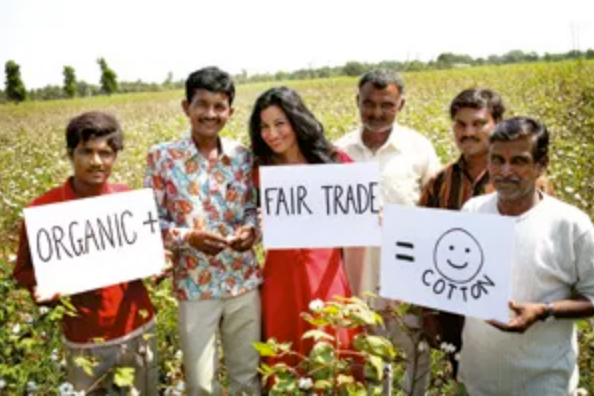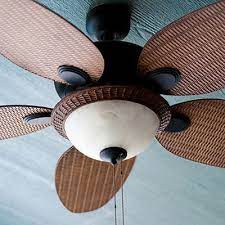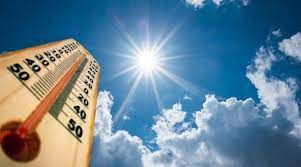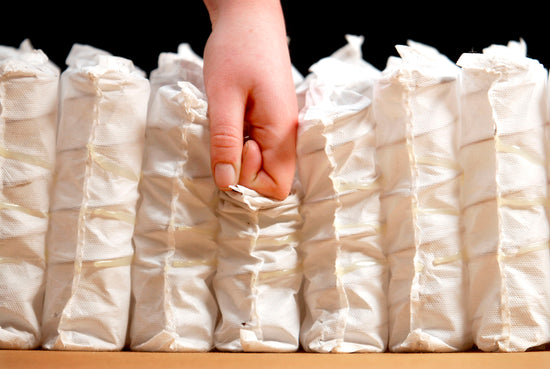What’s so special about organic cotton?
Every Abaca mattress is made using an unbleached, un-dyed, organic cotton cover. The fabric is woven for us in Burnley, but why is organic cotton better for our health than the conventional variety?
Let’s look first of all at organic agriculture. The whole purpose of organic agriculture is to be sustainable. This means healthy and climate change resilient soils must be maintained, biodiversity of seeds and wildlife must be promoted and the livelihoods of farmers protected. The system can’t be reliant on non-renewable resources, such as synthetic fertilisers and pesticides.
Most of conventional cotton grown ends up being made into clothes, but the impact of producing that clothing is felt way beyond the cotton fields. Greenpeace’s Dirty Laundry campaign brought to light the toxic water pollution resulting from the release of hazardous chemicals used by the textile industry. These practices are posing serious and immediate threats to our precious ecosystems and human health. 20% of freshwater pollution comes from textile treatment and dyeing.
However, cotton carrying the GOTS or the Soil Association symbol has not only been grown organically, it has been processed organically too. This means that inputs such as dyes and inks have met strict biodegradability and toxicity rules and waste water is treated before it’s let out into the environment – protecting local ecosystems and communities.
But how do you know that what you buy really has been made with organic cotton? Unlike food, textile products don’t have to be certified in order to be described as organic. A product claiming to be organic might only contain a small percentage of organic cotton or may be made of organic cotton but dyed using toxic chemicals which would never be allowed in certified organic products.
The use of any organic cotton is a great first step, but in order to be sure a product really is organic from field to finished product, look out for either the Global Organic Textile Standard (GOTS) symbol, the Soil Association symbol or the Organic Exchange symbol. See below for details of what these symbols mean.
Independent inspection and certification legitimately backs up organic claims. All farms and factories that undergo inspection and certification are independently checked against strict criteria meaning that shoppers can rest assured that products carrying the GOTS and/or Soil Association logos really are organic.
Product grown and processed to organic standards.
Products carrying the GOTS symbol are made from organic fibres,
have met strict environmental and social criteria during processing
and have been certified by an independent, third party along the whole supply chain.
Find out more about GOTS…
Product certified to the Global Organic Textile Standard by Soil Association Certification Ltd.
The Soil Association was a founder member of GOTS and is a quarter owner of Global Standard GmbH which manages the GOTS.
OE 100 Standard: Cotton in the product grown to organic standards.
Product has been tracked and traced along the supply chain by an independent, third party.
Contains 100% certified organic cotton fibre, but hasn’t necessarily been processed to organic standards.
OE blended Standard: Product contains a minimum 5% of organic cotton fibre.
And for those wanting more information, this report makes very interesting reading!
http://ejfoundation.org/sites/default/files/public/the_deadly_chemicals_in_cotton.pdf









